You might not know it, but making changes to legal ethics rules seems to be “all the rage right now.” Over the past several years, various changes to rules of professional ethics have become the focus of many journalists and legal scholars, especially changes related to federal and state judiciaries.[i] As recently as last year, even the ever-slow-to-change Supreme Court of the United States imposed upon itself a non-binding code of ethics for the first time in its history.[ii]
Recent changes in Illinois, however, affect more than rules pertaining to the ethics of judges. The recent amendments to two state rules of professional conduct target the pernicious problems of harassment and discrimination, both by and against members of the legal community. According to Illinois State Bar Association President Sonni Choi Williams, the “amendments will provide a clearer deterrent against harassing or discriminatory conduct that has no place in the profession and does not advance the administration of justice.”[iii]
New Amendment to Rule 8.4
Rule of Professional Conduct 8.4 defines “professional misconduct for a lawyer” in the state of Illinois.[iv] Examples of professional misconduct include the commission of criminal acts, engaging in dishonesty or fraud, filing criminal charges to obtain an advantage in a civil action, and contracting with a client to limit the client’s right to pursue disciplinary proceedings against the attorney for acts done in the course of representing that client.[v]
Prior to the new amendments, Rule 8.4, subdivision (j) provided that it was unethical for a lawyer to “violate a federal, state or local ordinance…that prohibits discrimination based on race, sex, religion, national origin, disability, age, sexual orientation or socioeconomic status” that “reflects adversely on the lawyer’s fitness as a lawyer.”[vi] This rule, however, had clear limitations and obvious drawbacks.
First, it contained an inherent acceptance of the notion that some discrimination does not necessarily reflect adversely upon a lawyer’s fitness to practice law. The old rule required an assessment of the “seriousness of the act,” “whether the lawyer knew that the act was prohibited by statute or ordinance,” and “whether the act was committed in connection with the lawyer’s professional activities.”[vii] For example, when a lawyer’s discriminatory conduct was not sufficiently severe or was not committed in knowing violation of the law, even clear and purposeful class-based discrimination could be found not to be a violation of a lawyer’s ethical obligations.
Second, and even more concerning, is the fact that the rule was enforceable only where the discriminatory act violated some exterior source of law.[viii] Even if the lawyer’s conduct was in violation of some anti-discrimination statute or ordinance, it could not constitute a violation of the rule unless “a court or administrative agency of competent jurisdiction [first] found that the lawyer…engaged in an unlawful discriminatory act, and the finding of the court or administrative agency has become final and enforceable and any right of judicial review has been exhausted.”[ix] Thus, under the old rule, a lawyer could commit flagrant acts of discrimination against employees, clients, and others unless and until a judicial or administrative body reached a final and enforceable conclusion that the lawyer had, in fact, violated the law.
Amended Rule 8.4, subdivision (j), which went into effect in July of 2024, removes both of these major flaws in the previous version of the 4ule. Under the new standard, a lawyer can be found in violation of the anti-discrimination rule when they “engage in conduct in the practice of law that the lawyer knows or reasonably should know is harassment or discrimination on the basis of” enumerated protected traits, including race, sex, age, gender, and sexual orientation.[x] The new rule no longer requires that a lawyer be adjudicated to have engaged in conduct that is prohibited by law before sanctions for ethical misconduct may be imposed.
Further, the amended rule no longer allows for discriminatory conduct which, under certain circumstances, may not reflect adversely upon a lawyer’s fitness to serve as an officer of the court. Under the new rule, a lawyer breaches their professional obligations when they knowingly or recklessly engage in any conduct that constitutes harassment or discrimination. These common-sense changes modernize an outdated standard and properly serve to protect those who lacked recourse under the old rule.
New Amendment to Rule 5.1
To further the practical effect of the amendment to Rule 8.4, an additional amendment was made to Rule 5.1, which governs the ethical obligations of partners, managers, and attorneys with supervisory authority over others. Under the amendment to Rule 5.1, these lawyers are required to “make reasonable efforts to ensure that the firm has in effect measures giving reasonable assurance that all lawyers in the firm conform to the Rules of Professional Conduct.”[xi]
Unlike with the amendment to Rule 8.4, however, the amendment to Rule 5.1 does not change the operative provisions of the rule, which remain precisely as they were before the new amendments. Instead, the amendment to Rule 5.1 amends not the substantive provisions, but the comments to the rule that bear upon the rule’s operation in practical effect.[xii]
Prior to the recent amendments, Comment 2 to Rule 5.1 provided that lawyers with managerial authority must “make reasonable efforts to establish internal policies and procedures designed to provide a reasonable assurance that all lawyers in the firm will conform to the Rules of Professional Conduct. Such policies and procedures” were to include “those designed to detect and resolve conflicts of interest, identify dates by which actions must be taken in pending matters, account for client funds and property and ensure that inexperienced lawyers are properly supervised.”[xiii]
The amended Rule 5.1 still contains these mandatory requirements, but also adds another important requirement for managerial lawyers. As amended, Comment 2 now requires that supervisory attorneys establish policies and procedures to “promote a firm environment free of harassment and discrimination prohibited by Rule 8.4(j).”[xiv] This new requirement reaffirms the importance of creating a legal community free of harassment and discrimination and places an affirmative onus upon managerial and supervisory attorneys to ensure that their law firms have in place policies and procedures to protect against discriminatory conduct.
Takeaway
The Illinois Supreme Court’s most recent amendments to the Rules of Professional Conduct send a clear message: those who seek to practice law in this state are expected to hold themselves and others to a higher standard when it comes to harassment and discrimination in the legal profession. The amendments to Rule 8.4 broadened the definition of prohibited conduct and now include a wider range of reprehensible conduct. Lawyers can no longer hide behind the fact that their conduct was not illegal or that no independent body had adjudicated them to have violated the law. Now, lawyers can be held responsible for discriminatory conduct or harassment, regardless of whether that conduct happens to be prohibited by some external legal authority.
Further, lawyers with a managerial or supervisory role within their law firms are held to an even higher standard. Under the amendment to Rule 5.1, they are expected to implement policies and procedures guarding against violations of Rule 8.4(j) and to thereby prevent against the harassment and discrimination the new amendments seek to target.
The amendments are a welcome improvement, but like all rules made by fallible humans, they will not protect against every conceivable wrong. However, they send a strong message that Illinois is moving the legal profession in the right direction and raising the ethical bar for attorneys who practice in the state.
Keep Reading
More by this author
Sources
[1] See, e.g., Daniel Epps & Ganesh Sitaraman, The Future of Supreme Court Reform, 134 Harv. L. Rev. F. 398, 403 (2021);
[1] Annie Gersh & Nina Totenberg, The Supreme Court Adopts First-Ever Code of Ethics, NPR, https://www.npr.org/2023/11/13/1212708142/supreme-court-ethics-code [last updated Nov. 13, 2023].)
[1] Illinois Courts, Illinois Supreme Court Amends Rules of Professional Conduct, https://www.illinoiscourts.gov/News/1380/Illinois-Supreme-Court-amends-Rules-of-Professional-Conduct/news-detail/ [last visited August 21, 2024].
[1] IL R. CT. RPC Rule 8.4 [Pre-Amendment].
[1] Id. at sub. (b), (c), (g), (h).
[1] Id. at sub. (j).
[1] Ibid.
[1] Ibid.
[1] Ibid.
[1] Ibid. [as amended, effective July 1, 2024].
[1] IL R. CT. RPC Rule 5.1(a).
[1] See Illinois State Bar Association, Supreme Court Rules Committee to Hold Public Hearings on November 15 (Oct. 4, 2023), https://www.isba.org/barnews/2023/10/supremecourtrulescommitteetoholdpublichearingsonno.
[1] IL R. CT. RPC Rule 5.1, Cmt. 2 [pre-amendment].
[1] IL R. CT. RPC Rule 5.1, Cmt. 2 [as amended, effective July 1, 2024].


 Editor: Clark R. Conforti
Editor: Clark R. Conforti
 Audish v. Macias Builds Upon the Foundation Started in Howell v. Hamilton Meats & Provision, Inc. By Affirming the Admissibility of Medicare...
Audish v. Macias Builds Upon the Foundation Started in Howell v. Hamilton Meats & Provision, Inc. By Affirming the Admissibility of Medicare...
 My New Year’s Resolutions at Work
My New Year’s Resolutions at Work
 Barking Up the Wrong Policy
Barking Up the Wrong Policy
 California Civil Procedure Code Section 998 – a Means to An End
California Civil Procedure Code Section 998 – a Means to An End
 May or Must: California and the Ninth Circuit Applies Grammar Rules for FMLA
May or Must: California and the Ninth Circuit Applies Grammar Rules for FMLA
 Par For the Course
Par For the Course
 Shining Light on Phantom Medical Bills–Lessons from Washington on Using Federal Hospital Price Transparency Rules to...
Shining Light on Phantom Medical Bills–Lessons from Washington on Using Federal Hospital Price Transparency Rules to...
 When Roads Diverge in the Wood: the Power of Risk in Building a Fulfilling Career and Stopping Nuclear Verdicts®
When Roads Diverge in the Wood: the Power of Risk in Building a Fulfilling Career and Stopping Nuclear Verdicts®
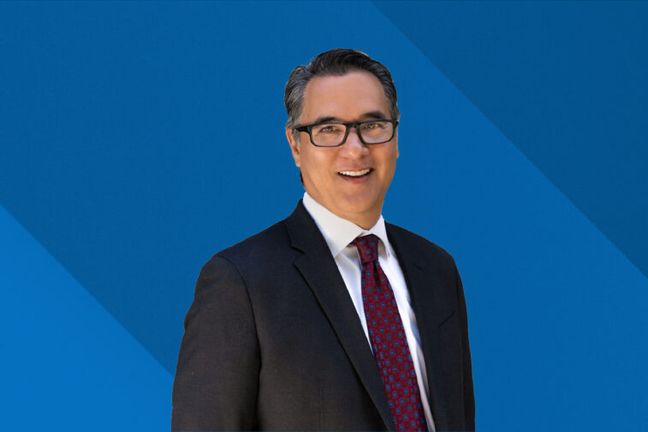 Ask Atty: Scott Ruksakiati
Ask Atty: Scott Ruksakiati
 “Building” a Better Plan for Design Professional Expert Witnesses: Theater Patrons Trapped in Elevators After Architect’s Failure
“Building” a Better Plan for Design Professional Expert Witnesses: Theater Patrons Trapped in Elevators After Architect’s Failure
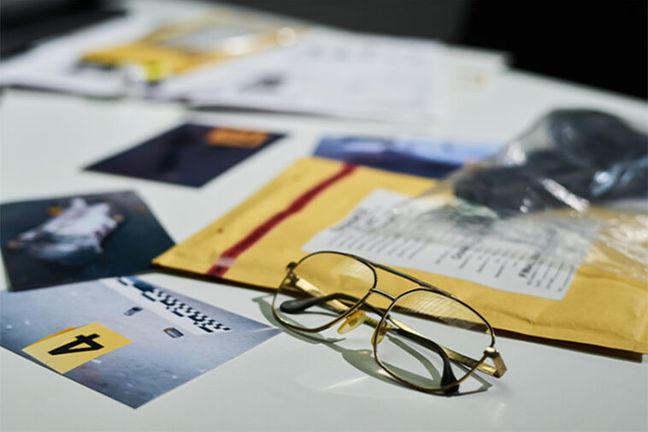 Actions With Far-Reaching Consequences: Brody v. Hoch, Non-Resident Jurisdiction, and the “Long Arm” of the Law
Actions With Far-Reaching Consequences: Brody v. Hoch, Non-Resident Jurisdiction, and the “Long Arm” of the Law
 It Is Live TV: Popular Media and the Practice of Law
It Is Live TV: Popular Media and the Practice of Law
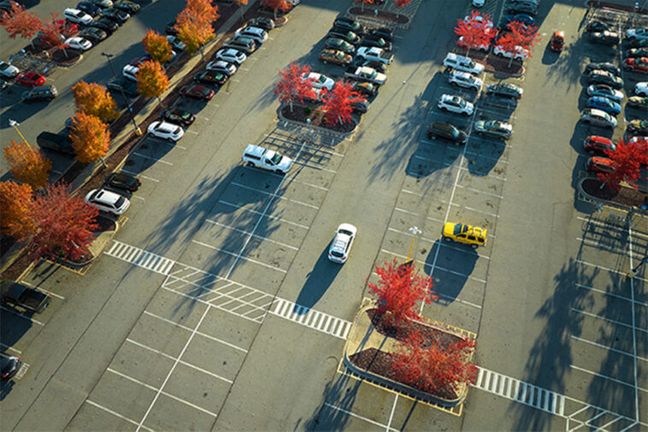 Duty of Care Ups and Downs: The Perils of a Parking Lot Gate
Duty of Care Ups and Downs: The Perils of a Parking Lot Gate
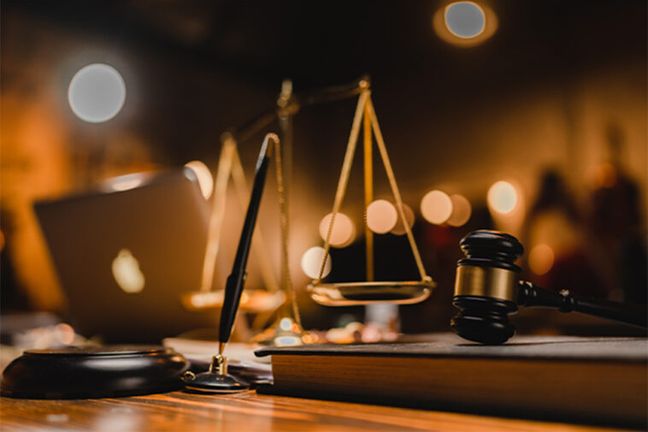 Bill Analysis: California’s AB 2049 and Its Effect On Summary Judgment Motions
Bill Analysis: California’s AB 2049 and Its Effect On Summary Judgment Motions
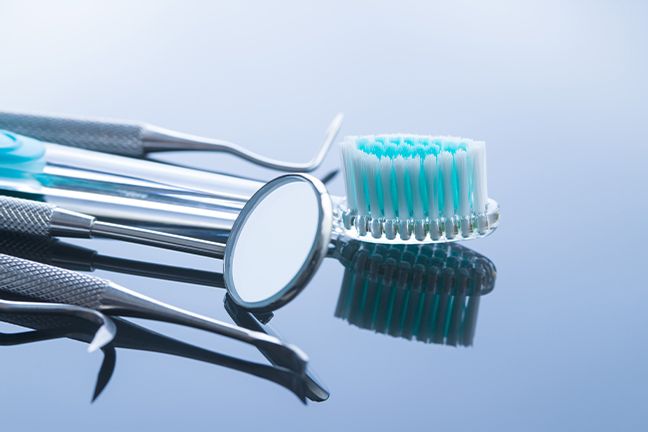 Remembering the Fundamentals: Personal Jurisdiction as an Escape Hatch
Remembering the Fundamentals: Personal Jurisdiction as an Escape Hatch
 Settling Under the FLSA
Settling Under the FLSA
 Crash Course: Why Summary Judgment Misses the Mark in Illinois Multi-Cause Limousine Crash Collision
Crash Course: Why Summary Judgment Misses the Mark in Illinois Multi-Cause Limousine Crash Collision